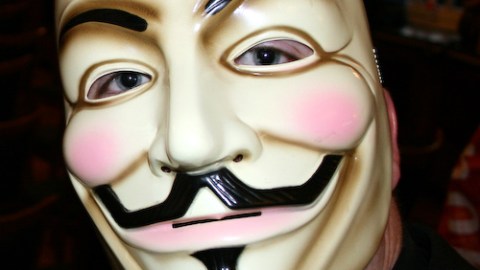Freenet: Where Nobody Knows Your Name

The Guardian has shined some light onto the obscure, back alleyway of the internet: Freenet. Consider it digital anarchy, a unitary place where people can exchange information without identifying themselves and without being traced. It is the internet underground, a collection of user-generated data that is unavailable to your mother’s search engines, like Google, which have far too weak a stomach for Freenet content.
Among those who have a presence on Freenet are the CIA and Animal Liberation Front. The latter communicates daily messages to those in the know apparently without fear of reprisal.
Anyone can post anything, evidently without the risk of retribution. A quick search, for example, yielded the names, home addresses and telephone numbers of people alleged (by an anonymous author) to be members of a certain unpopular political party in the UK.
The message urges readers to “show them no mercy” and reminds us that telephone calls can be traced. So if you plan on making a threatening phone call, “do it from a public telephone or an unregistered pay-as-you-go mobile phone.”
The Guardian reports that banned reading material, such as the Terrorist’s Handbook: A Practical Guide to Explosives is also available on Freenet.
The software that allows you to surf the net and upload information without being detected was created by a Scot, Ian Clarke, at Edinburgh University. He outlines the philosophy of Freenet by defending unrestricted communication, answering questions about copyright protections and discussing “good censorship”.
He also responded to the Guardian article on his blog.
After a quick perusal, Freenet looks to be an outlet for all things private; everything you think you’d like to do on the internet, but are too afraid it might pop up should your next prospective employer plunk your name into Google.




